Young Serbians most opposed to EU integration
The support for Serbia’s EU accession has declined and now 47% of the citizens are in favor of the country joining the organization, shows a new poll.
Wednesday, 17.10.2012.
15:25

BELGRADE The support for Serbia’s EU accession has declined and now 47% of the citizens are in favor of the country joining the organization, shows a new poll. According to the poll, commissioned by the Belgrade Center for Security Policy, it is young Serbians who oppose the country’s EU integration the most. Young Serbians most opposed to EU integration The survey, conducted September 18-25 by the Center for Free Elections and Democracy (CeSID), also shows that the overall support has dropped by two percent since June. The poll revealed that that 35 percent of respondents are explicitly opposed to Serbia’s EU membership, which is ten percent more than in June. 18 percent said they were indecisive. Belgrade Center for Security Policy Director Sonja Stojanovic has stated that the drop in Euro-enthusiasm and increase in Euro-skepticism in Serbia was a result of the conditioning of Serbia’s further progress and Serbian politicians’ responses to such requests. She stressed that the citizens could mostly hear negative comments about the EU from Serbian politicians in the past month. The young population expresses the biggest opposition to EU integration and the lowest level of support. 40.9 percent of respondents aged between 18 and 29 said they were in favor of EU integration while 41.5 percent were against. More than a half of highly-educated citizens support the EU integration, 53.4 percent while the lowest support is among students – only 36.5 percent. Stojanovic noted that those who succeeded in the transition period support the EU integration process the most. Commenting on the fact that the biggest number of Euro-skeptics could be found among the youth, she said that the phenomenon was the result of the fact that the young generations had spent most of their lives in the post-transition Serbia, that they "did not remember the 1990s", and at the same time "failed to see a clear perspective and a better future in the EU". Three groups of citizens were included in the poll – residents of Vojvodina, central Serbia, and Belgrade. According to the results, Belgraders are the biggest Euro-skeptics, bearing in mind that 41.3 percent of them support EU integrations while 39.2 percent are against. The survey, dubbed “Serbian citizens between the EU, NATO and Russia”, covered a series of security questions, such as the citizens’ attitude toward Kosovo and security integrations. 62 percent said they believed that Kosovo’s independence should not be recognized, 11 percent said that Kosovo should be recognized if such policy would lead the country into the EU, while nine percent believe that Serbia should immediately recognize Kosovo’s independence. The respondents see Russia, Germany, China, Japan and Italy as the greatest friends of Serbia while they believe that the U.S., Germany, Albania, Great Britain and Croatia represent the biggest threats. When it comes to Serbia’s NATO accession, the results show that a vast majority of citizens, 65 percent, are against, while only 14 percent support such a move. The support for the country’s NATO accession has dropped when compared to 2011 when it was 16 percent, and 2010 when the number was 21 percent. According to the poll, the LDP party-led U-Turn movement voters, some ethnic minorities and wealthy people support Serbia’s NATO accession the most. One in three citizens als believes that NATO should pay war reparations in order to improve relations with Serbia (33 percent), 23 percent believe that NATO should stop their interventions in other countries, and 15 percent would like to see a public apology for the 1999 bombing of Serbia. 46 percent of those interviewed believe that NATO membership would jeopardize Serbia’s independence and 16 percent believe that a military cooperation with Russia would have the same effect. 41 percent also believe that NATO membership would expose the country to terrorist attacks. The Belgrade Center for Security Policy’s Zoran Krstic explained that the citizens’ attitude toward NATO was negative "primarily because people recognize it as the biggest foreign security threat to Serbia and a threat to the national identity". “However, although Russia fared better when compared to NATO, according to the citizens’ answers, the Serbian citizens predominantly want military neutrality, 44 percent,” he concluded. (Beta/AP) B92 Tanjug
Young Serbians most opposed to EU integration
The survey, conducted September 18-25 by the Center for Free Elections and Democracy (CeSID), also shows that the overall support has dropped by two percent since June.The poll revealed that that 35 percent of respondents are explicitly opposed to Serbia’s EU membership, which is ten percent more than in June. 18 percent said they were indecisive.
Belgrade Center for Security Policy Director Sonja Stojanović has stated that the drop in Euro-enthusiasm and increase in Euro-skepticism in Serbia was a result of the conditioning of Serbia’s further progress and Serbian politicians’ responses to such requests. She stressed that the citizens could mostly hear negative comments about the EU from Serbian politicians in the past month.
The young population expresses the biggest opposition to EU integration and the lowest level of support. 40.9 percent of respondents aged between 18 and 29 said they were in favor of EU integration while 41.5 percent were against.
More than a half of highly-educated citizens support the EU integration, 53.4 percent while the lowest support is among students – only 36.5 percent.
Stojanović noted that those who succeeded in the transition period support the EU integration process the most.
Commenting on the fact that the biggest number of Euro-skeptics could be found among the youth, she said that the phenomenon was the result of the fact that the young generations had spent most of their lives in the post-transition Serbia, that they "did not remember the 1990s", and at the same time "failed to see a clear perspective and a better future in the EU".
Three groups of citizens were included in the poll – residents of Vojvodina, central Serbia, and Belgrade. According to the results, Belgraders are the biggest Euro-skeptics, bearing in mind that 41.3 percent of them support EU integrations while 39.2 percent are against.
The survey, dubbed “Serbian citizens between the EU, NATO and Russia”, covered a series of security questions, such as the citizens’ attitude toward Kosovo and security integrations.
62 percent said they believed that Kosovo’s independence should not be recognized, 11 percent said that Kosovo should be recognized if such policy would lead the country into the EU, while nine percent believe that Serbia should immediately recognize Kosovo’s independence.
The respondents see Russia, Germany, China, Japan and Italy as the greatest friends of Serbia while they believe that the U.S., Germany, Albania, Great Britain and Croatia represent the biggest threats.
When it comes to Serbia’s NATO accession, the results show that a vast majority of citizens, 65 percent, are against, while only 14 percent support such a move.
The support for the country’s NATO accession has dropped when compared to 2011 when it was 16 percent, and 2010 when the number was 21 percent.
According to the poll, the LDP party-led U-Turn movement voters, some ethnic minorities and wealthy people support Serbia’s NATO accession the most.
One in three citizens als believes that NATO should pay war reparations in order to improve relations with Serbia (33 percent), 23 percent believe that NATO should stop their interventions in other countries, and 15 percent would like to see a public apology for the 1999 bombing of Serbia.
46 percent of those interviewed believe that NATO membership would jeopardize Serbia’s independence and 16 percent believe that a military cooperation with Russia would have the same effect.
41 percent also believe that NATO membership would expose the country to terrorist attacks.
The Belgrade Center for Security Policy’s Zoran Krstić explained that the citizens’ attitude toward NATO was negative "primarily because people recognize it as the biggest foreign security threat to Serbia and a threat to the national identity".
“However, although Russia fared better when compared to NATO, according to the citizens’ answers, the Serbian citizens predominantly want military neutrality, 44 percent,” he concluded.














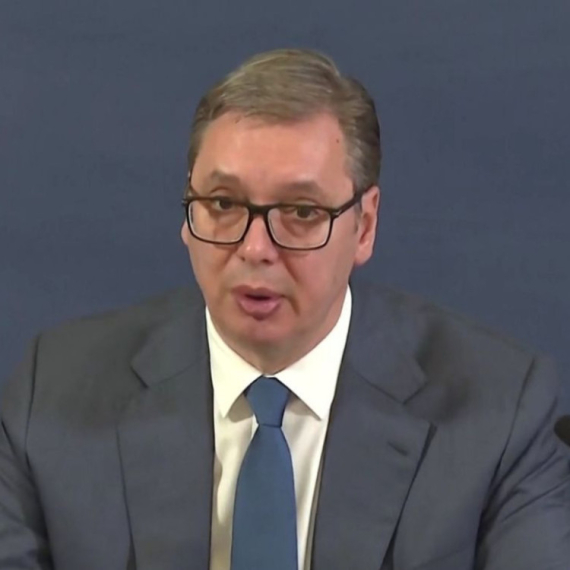
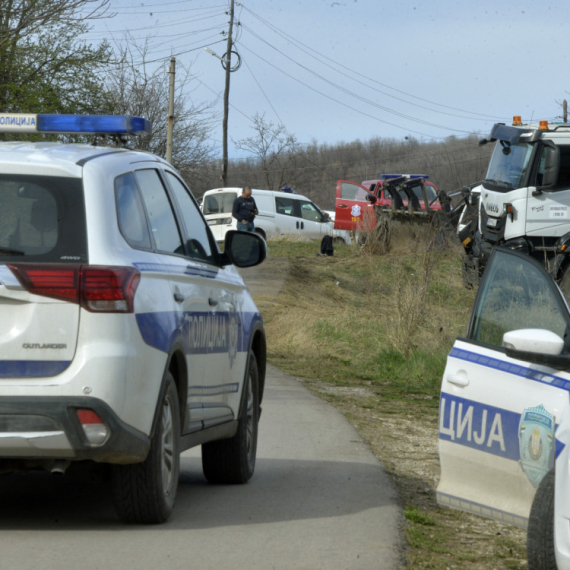
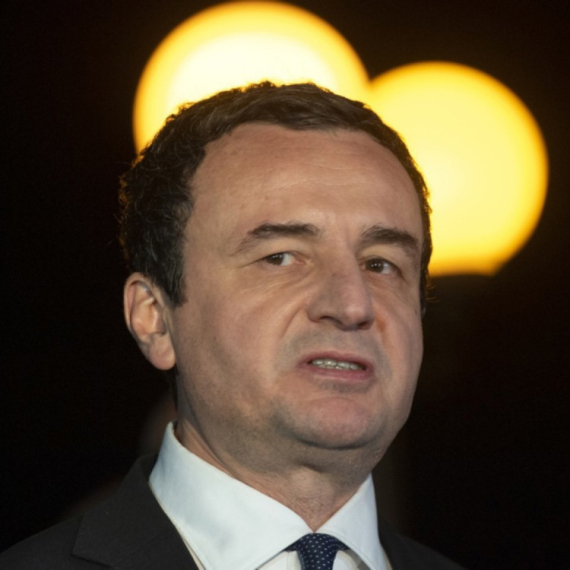
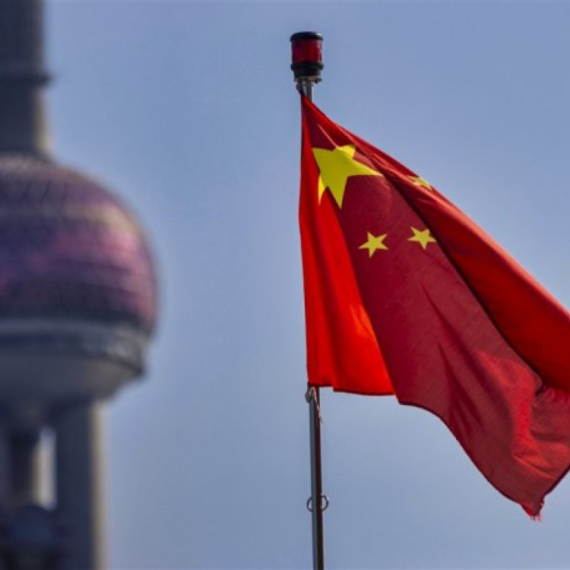

































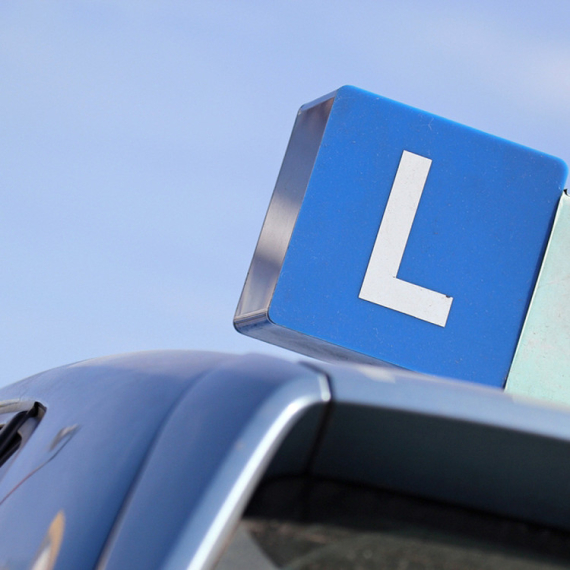




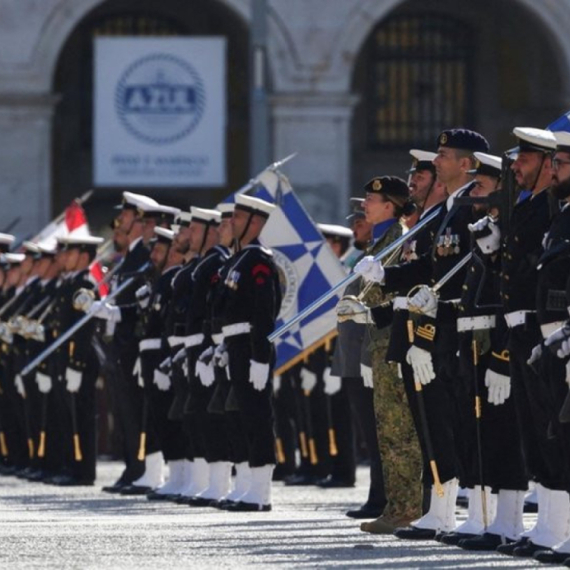

Komentari 26
Pogledaj komentare